For Thanksgiving this year, we went down to SoCal and spent three solid days at Disneyland. The trip closely mirrored our itinerary from three years ago, but the experience changed since the kids grew up quite a bit. Instead of booking a room directly across from the park entrance to accommodate those mandatory afternoon naps, we pulled consecutive 14-hour days including a 2-mile round trip hike from the hotel. Rather than waiting in line to receive awkward hugs from fake princesses, we queued for real rides alongside hardcore theme park fans.
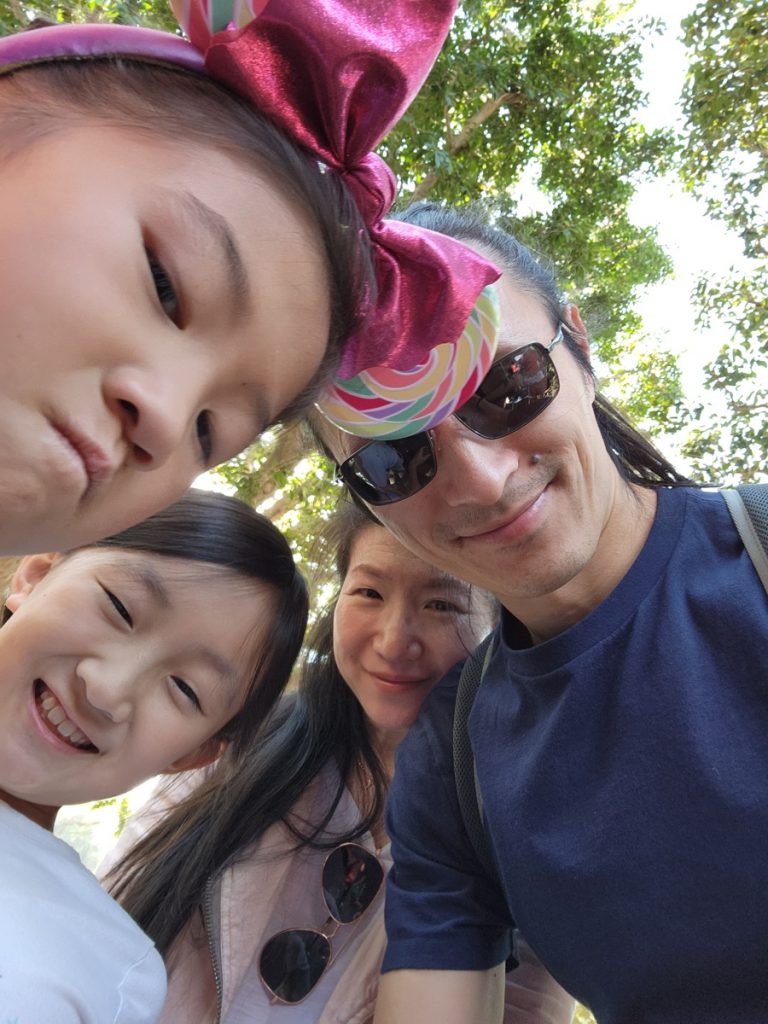
And this was our trip:
Rides
Although the park itself hardly changed since our last visit, we were now able to attempt more mainstream attractions. That meant a lot of fun for the family, and even more waiting in line.
The good old Fast Pass, previously let guests wait in a virtual queue without being physically stuck in line, had evolved under capitalism to a new revenue stream for the parks. The current Lightning Lane system sold to willing payers the right to cut in line. Each person had the option to pay $30 a day for a bundle of mid-tier rides, and $20-25 each for the most popular ones. Because Lightning Lane users always had the right of way, the wait time for poor peasants in the standby queue could be rather unpredictable.
This setup was clearly good for business, as it sure sent us thinking. Dropping an extra $200 per day ($50 x 4 people) would easily save us 3-4 hours of waiting, and one can argue that time at Disneyland has a higher imputed value than that. However, it also seemed absurd to pay an extra 50% to the already-steep ticket price just to have priority over others. We decided out of principle to not give in to this cash grab, but bitterness did accumulate over the three days. As we watched people speed past us, cast members reminded us every few minutes that guests in the Lightning Lane always had the right of way. I wasn’t sure how much of that was passive-aggressive marketing, but the individuals making that announcement didn’t sound to have any fun saying it.
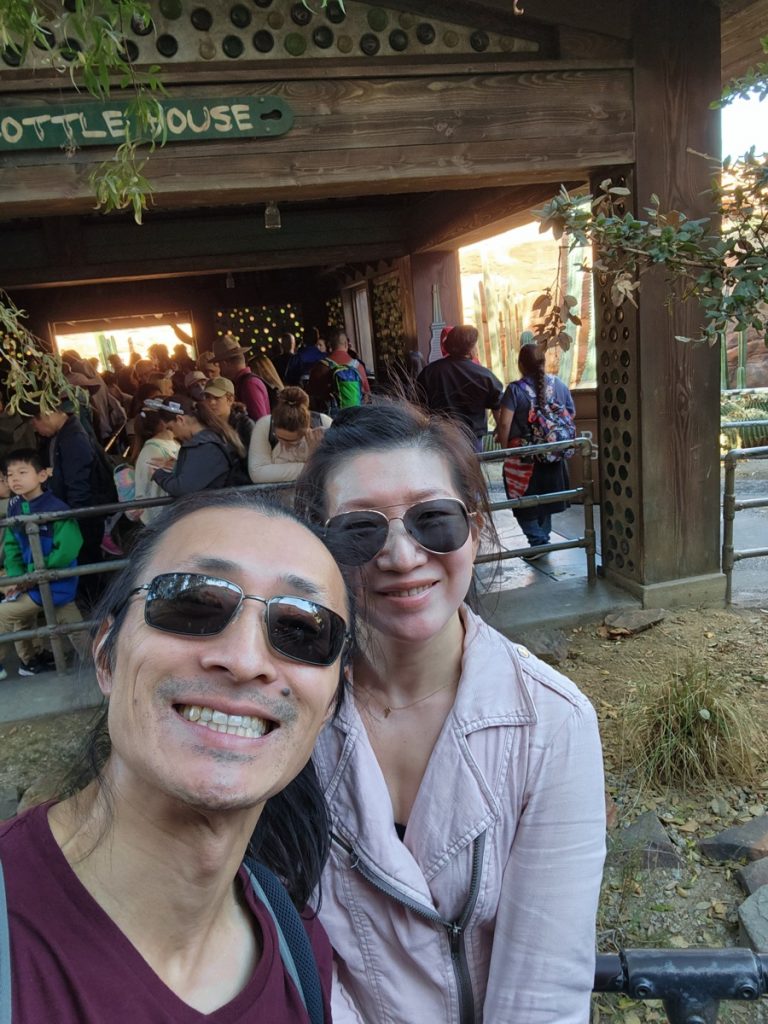
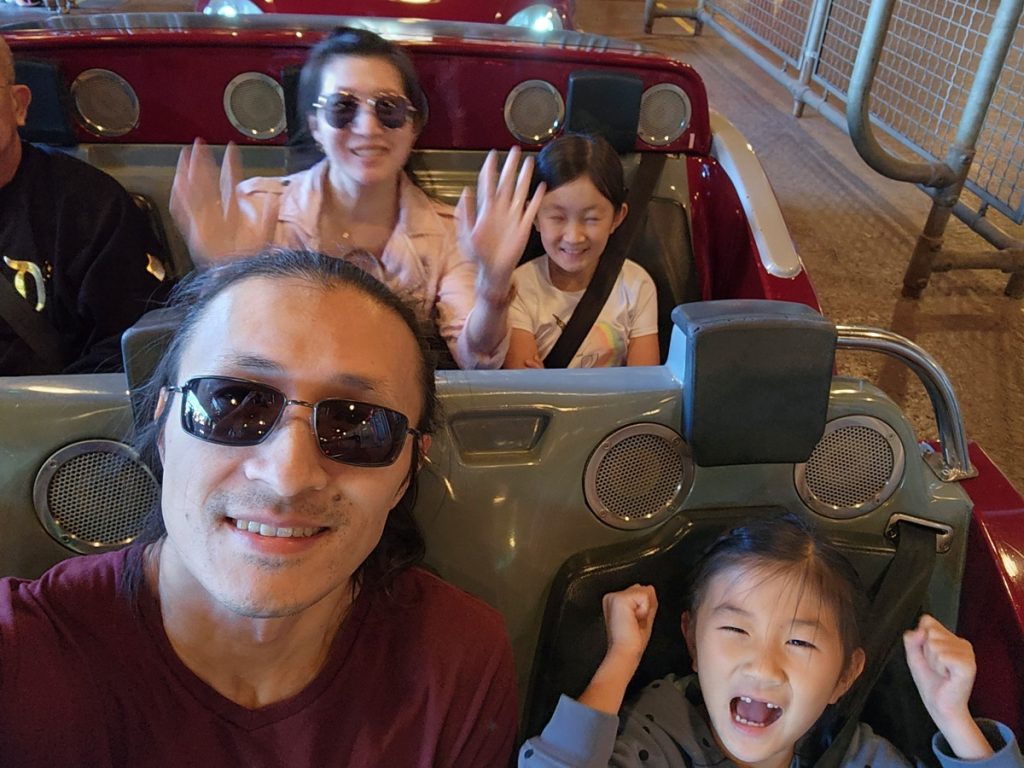
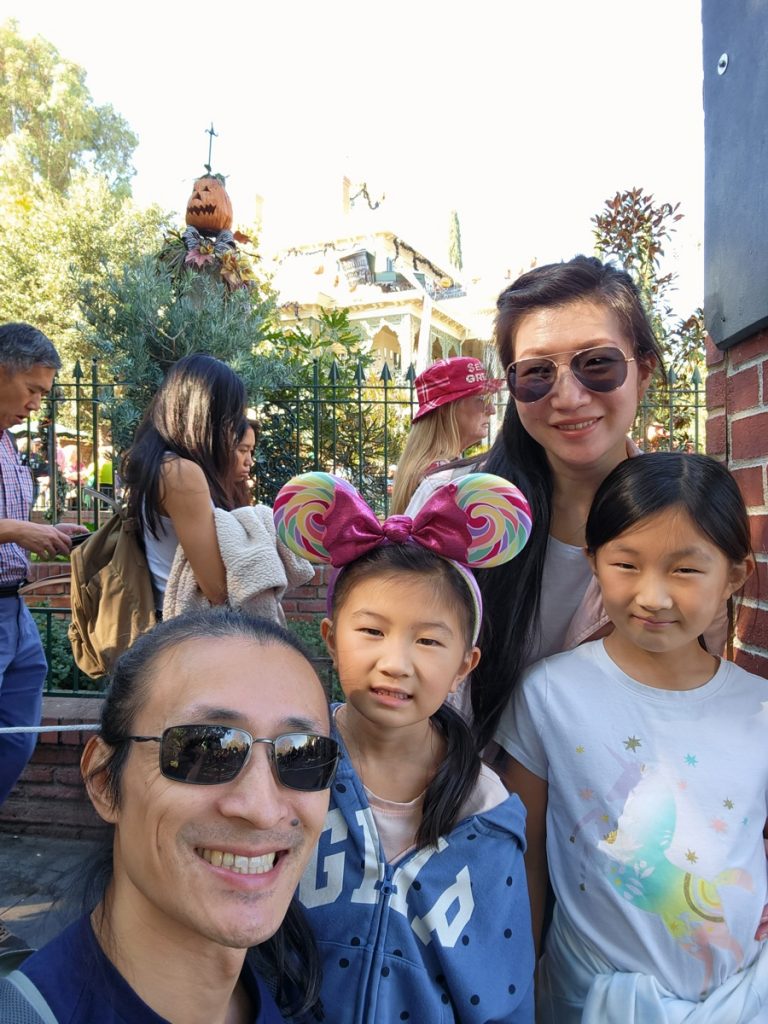
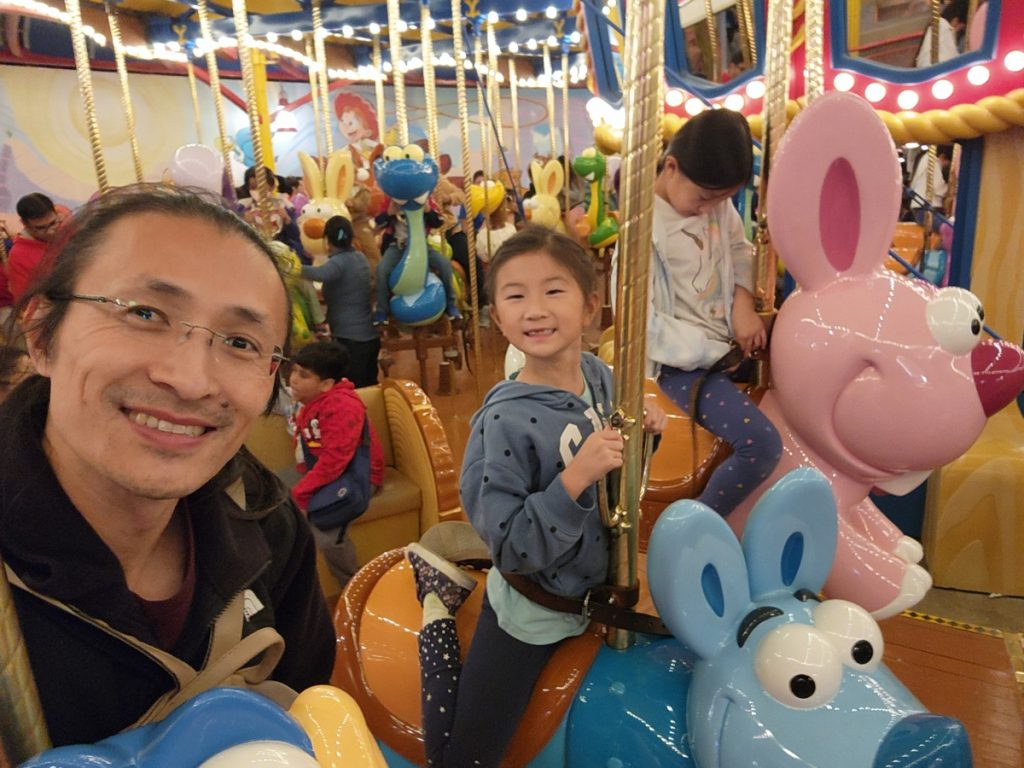
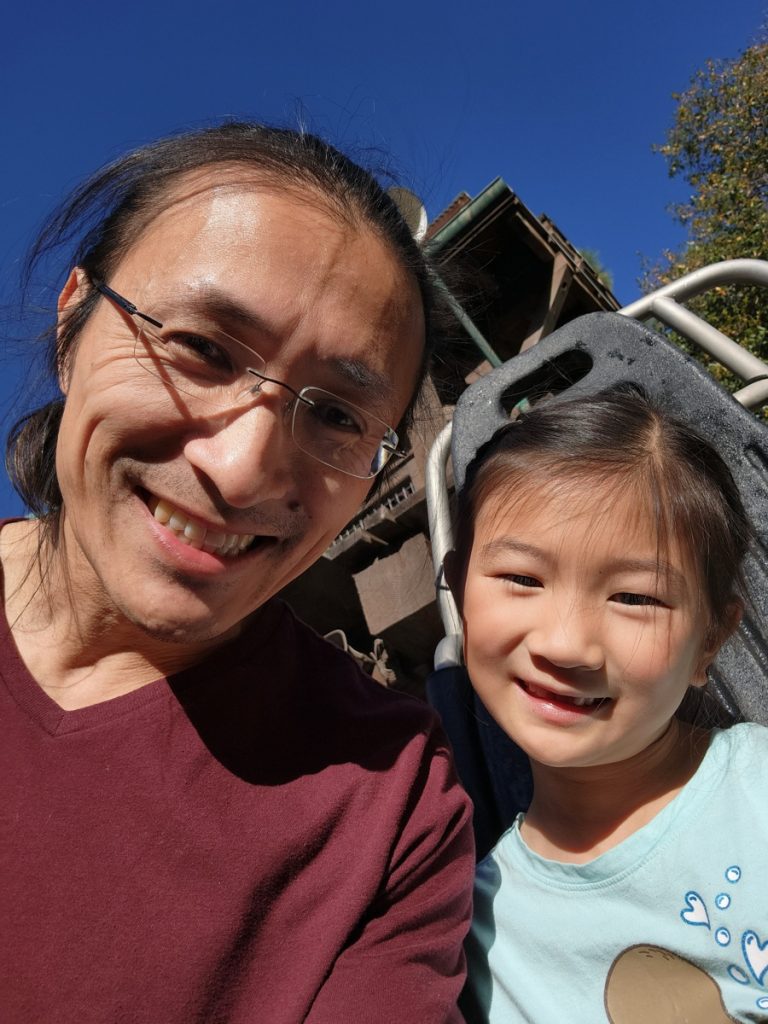
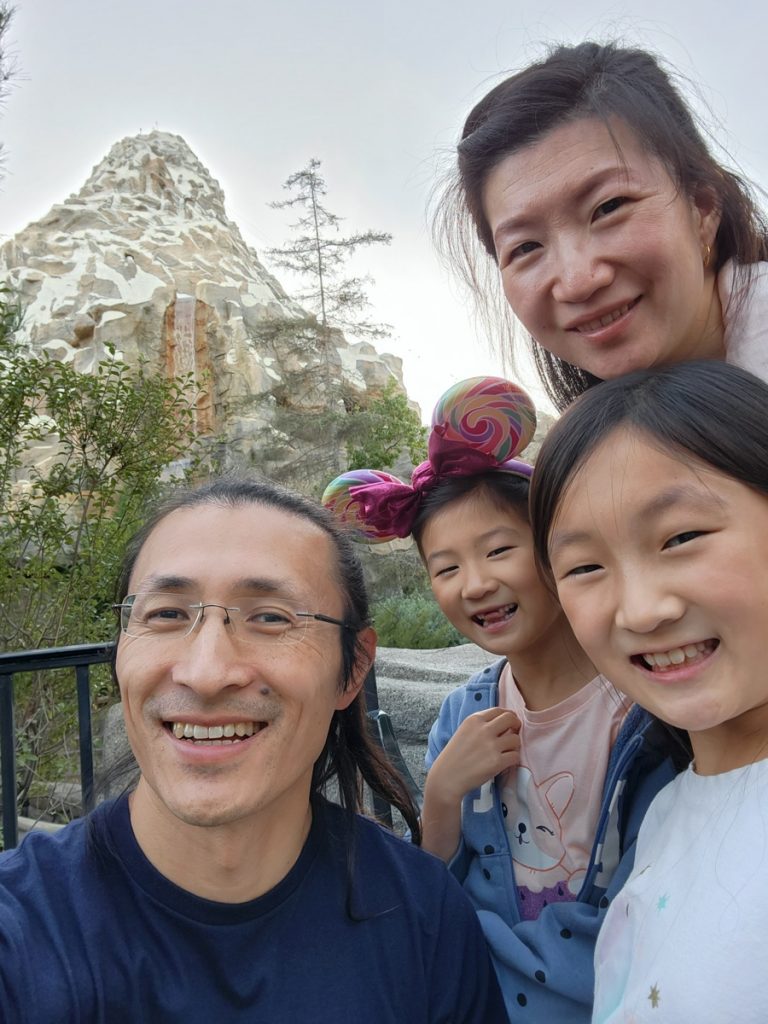
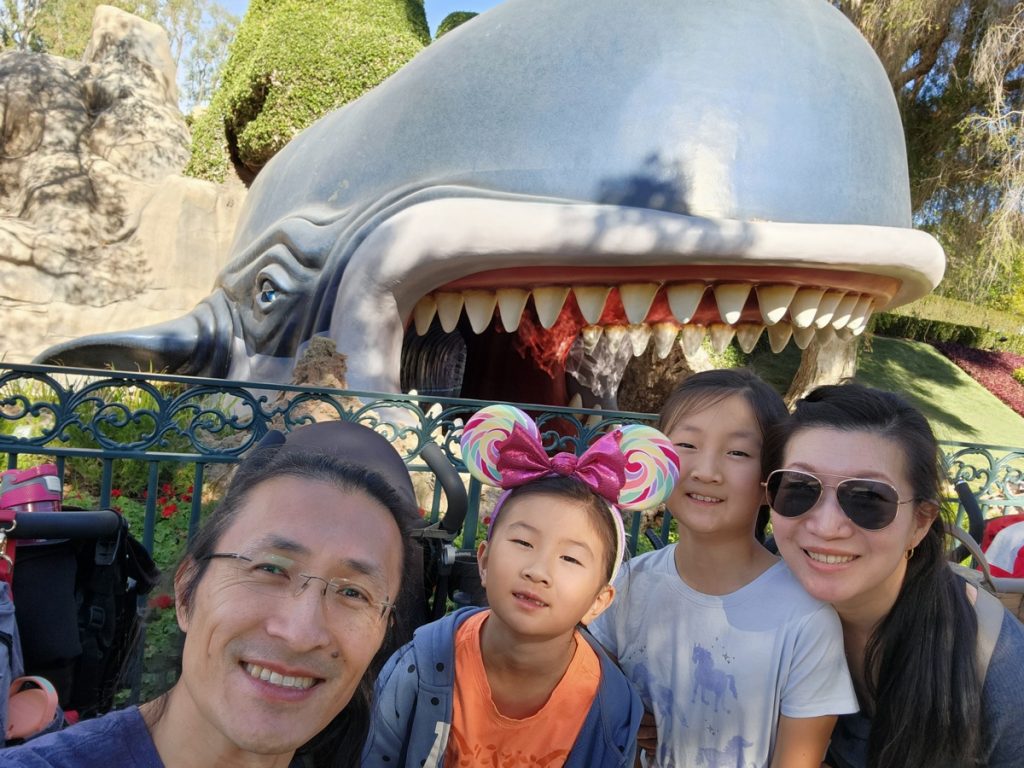
Non-Disney Lands
I was vetoed by the kids on this three years ago, so this time I was glad to finally get the family to spend some quality time in Star Wars: Galaxy’s Edge. This far corner was designed to be the most immersive of all “lands”, and the rides (particularly Rise of the Resistance) were breathtaking, interactive engineering marvels.
That said, there was something nice about the days when Disneyland was all about Micky and friends. Sprinkling in Star Wars, Marvel, and to some extent Pixar was a reminder that the company had ballooned to a gigantic media conglomerate and severely limited the choices that artists and consumers had.
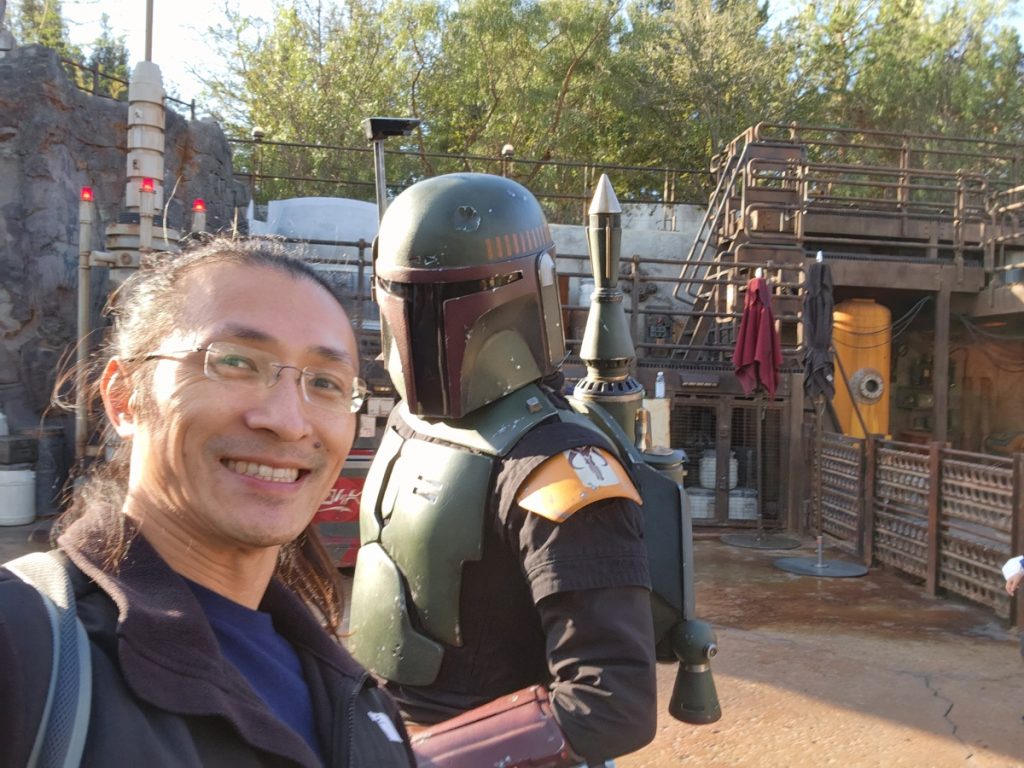
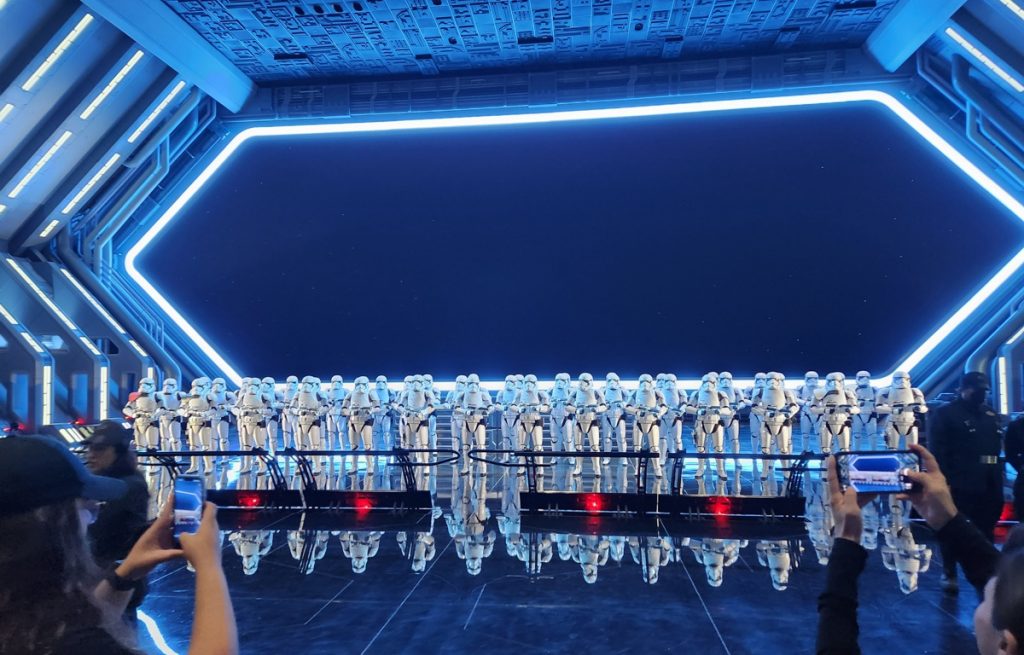
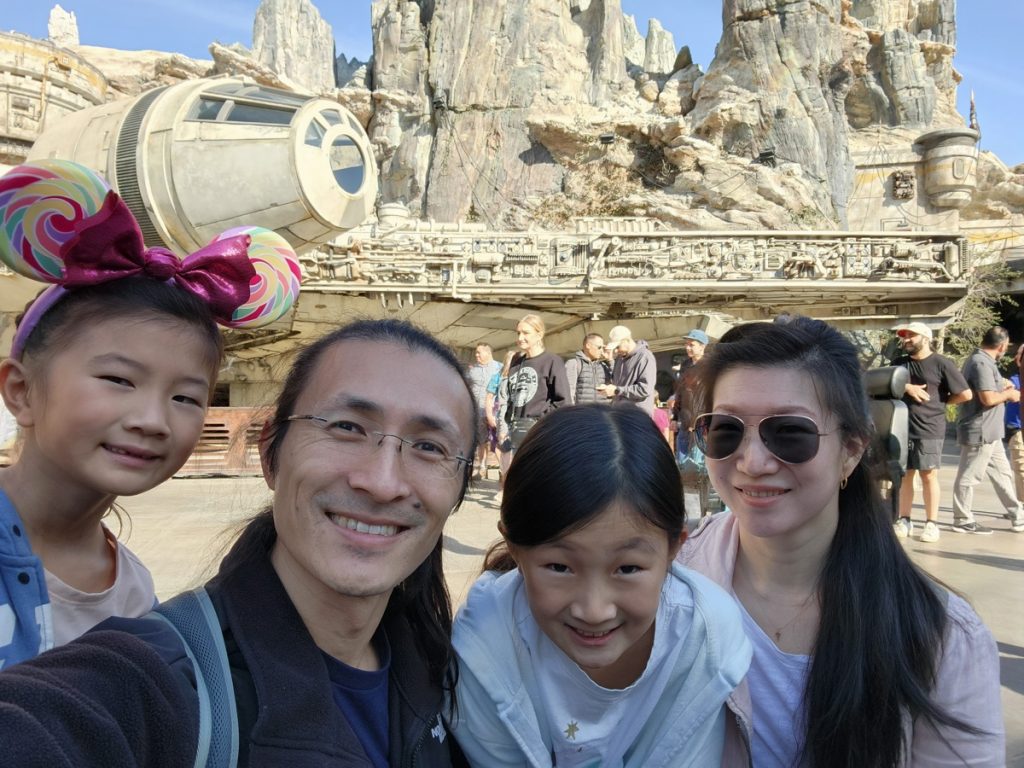
Alternative Attractions
It had never crossed my mind that any of this stuff would’ve been worth our time, but we gave a couple non-ride attractions a try and had a great time as a family. The best part was that, because most visitors also didn’t value these activities, we were able to enjoy them without much wait. It was a much-appreciated break between rides with ridiculous lines.
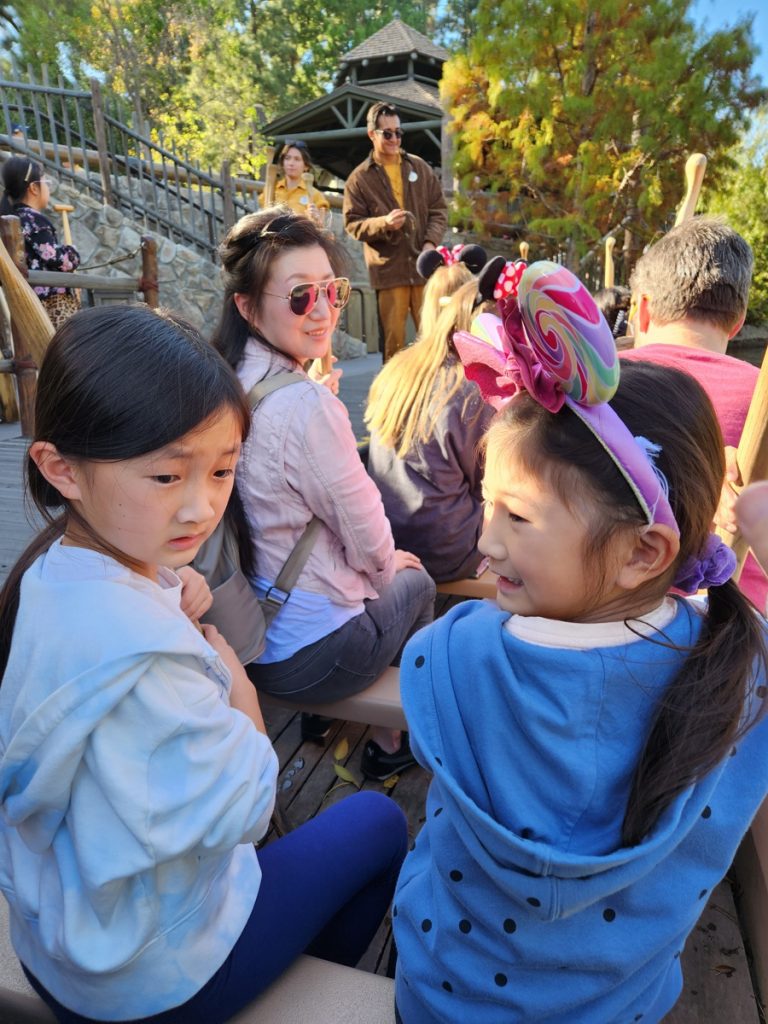
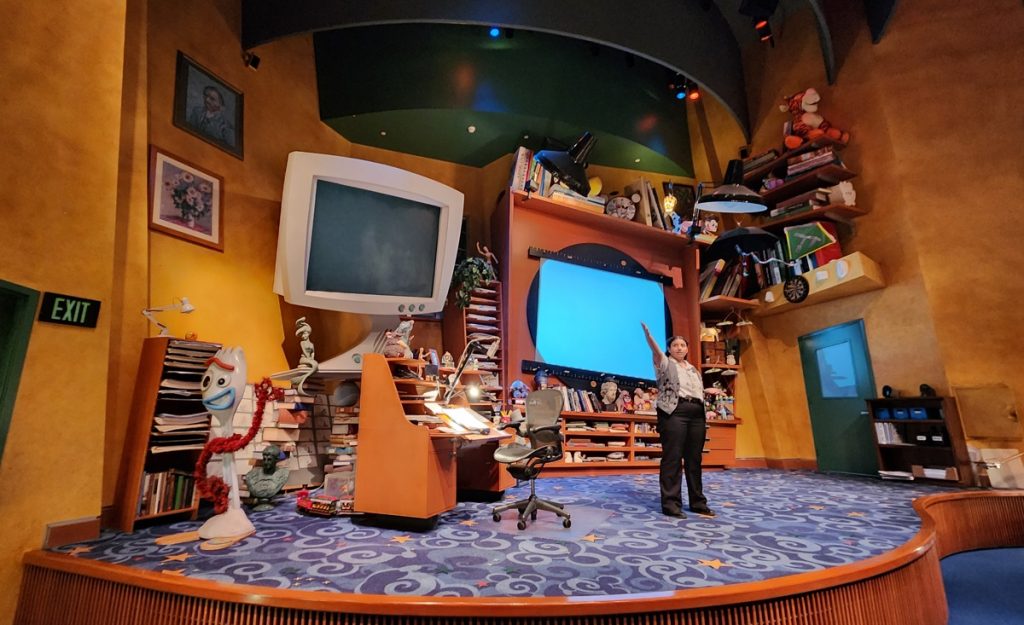
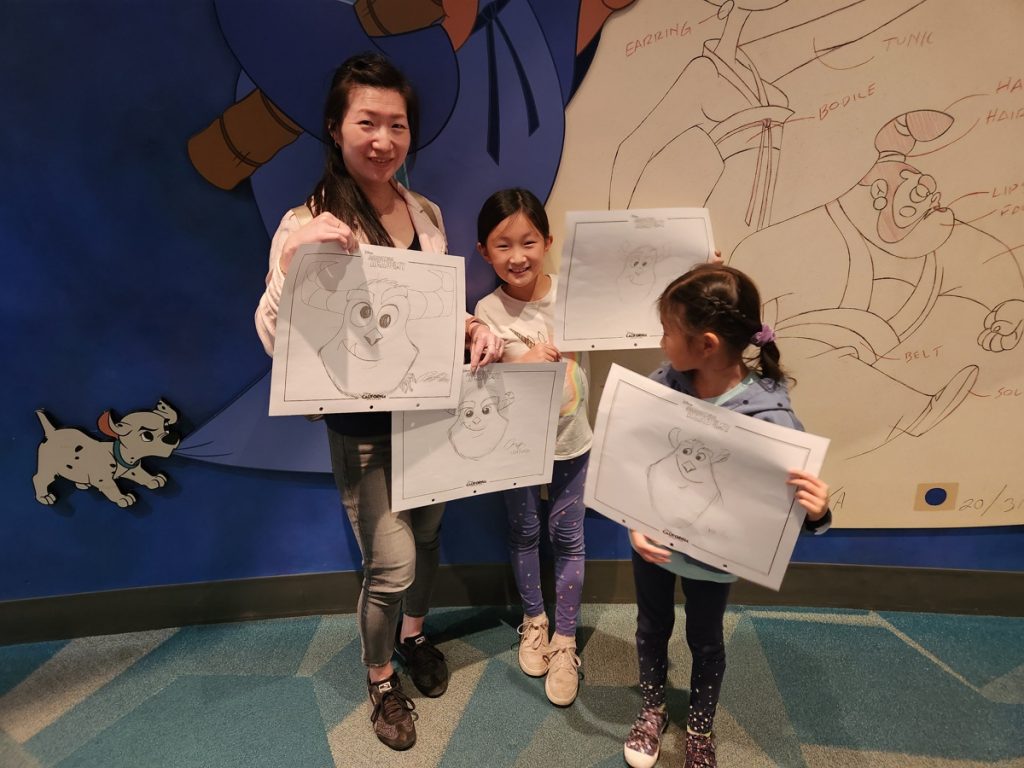
Accessibility
Disney parks are some of the few places in the world where you could find a huge number of people on motorized scooters. In the vast majority of cases, people who used these scooters didn’t actually need them. Instead, they were merely lazy or out of shape, and really should try to get some exercise. We watched people hop on and off these things as they felt like it, used it to haul the family’s bags, joy-ride with multiple people, etc., and these vehicles were quite a hazard in a crowded place (which was every inch within Disneyland).
But the presence of these scooters was a testament to Disney’s commitment to provide an accessible environment to everyone. People with physical disabilities (far more often in a wheel chair being pushed by another person, instead of using a scooter) could get to most places in the parks with relative ease. Regardless of this convenience being abused by people without an actual need, it was nice to know that it was integral to the parks. Kudos to Disney for being considerate.
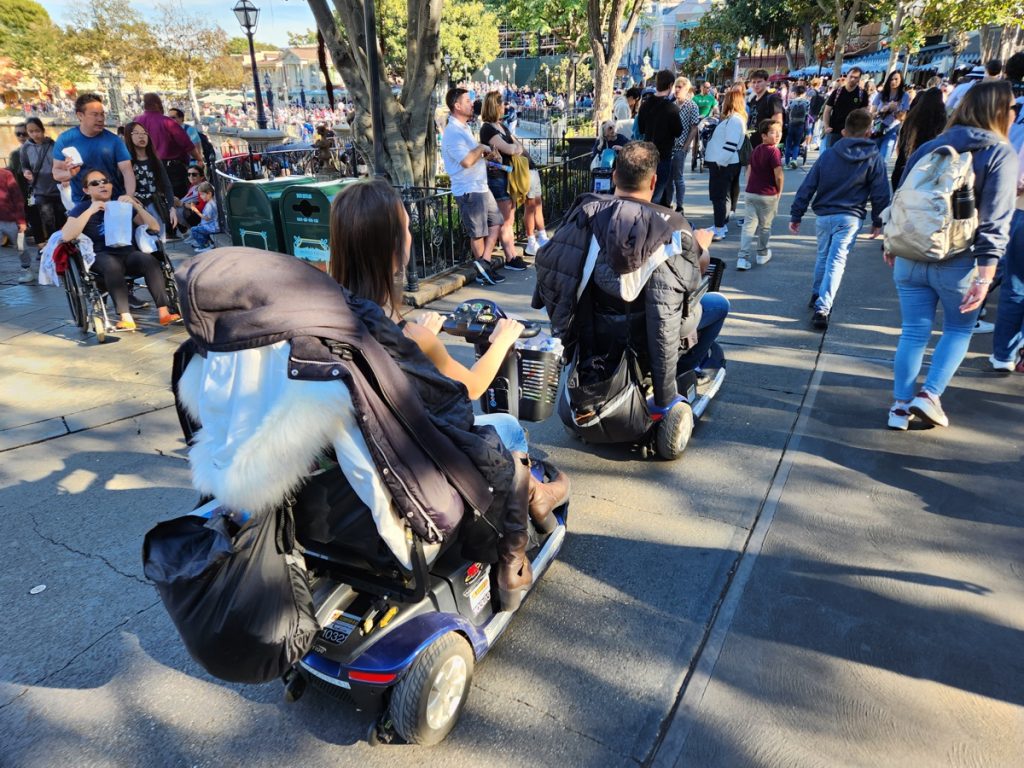
While the inside of the parks was incredible, the same cannot be said about anywhere in the public space to and from Disneyland. Harbor Boulevard, which thousands of Disneyland guests used on an hourly basis, was pathetically difficult for pedestrians. The sidewalk right on the parks’ perimeter, for example, was too narrow for the amount of foot traffic. Also, nearby intersections had multiple lanes of fast traffic, and pedestrian crosswalk signals were not programmed to switch on automatically. Despite there being a lot more people on foot than behind the wheel, the walkability on this road was totally lacking. Given Disney’s over-the-top thoughtfulness in guest experience, as well as its influence on the city of Anaheim, I could only assume that this was an intentional design to make staying at off-property hotels less desirable.
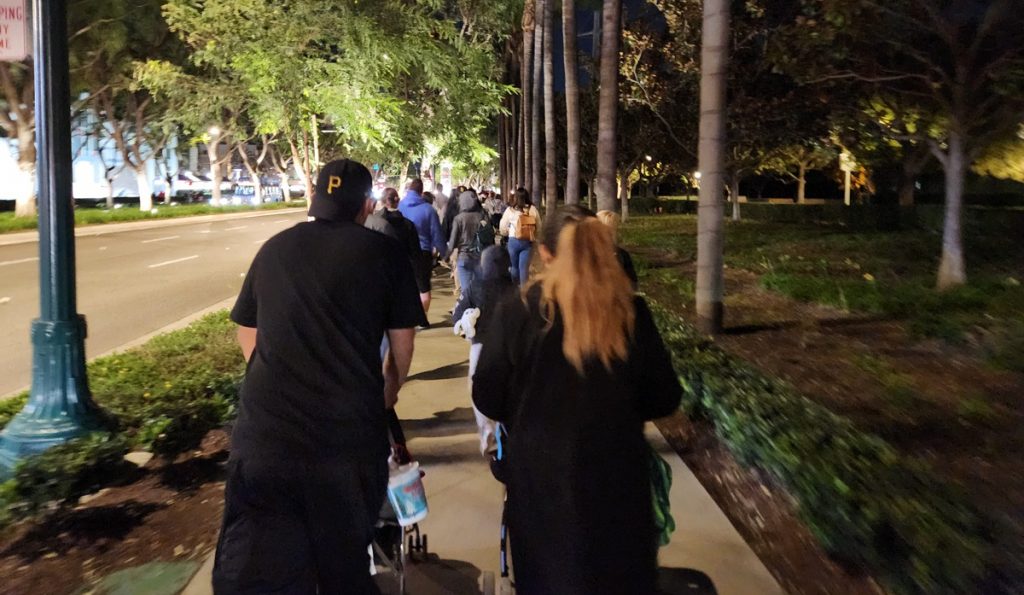
Food
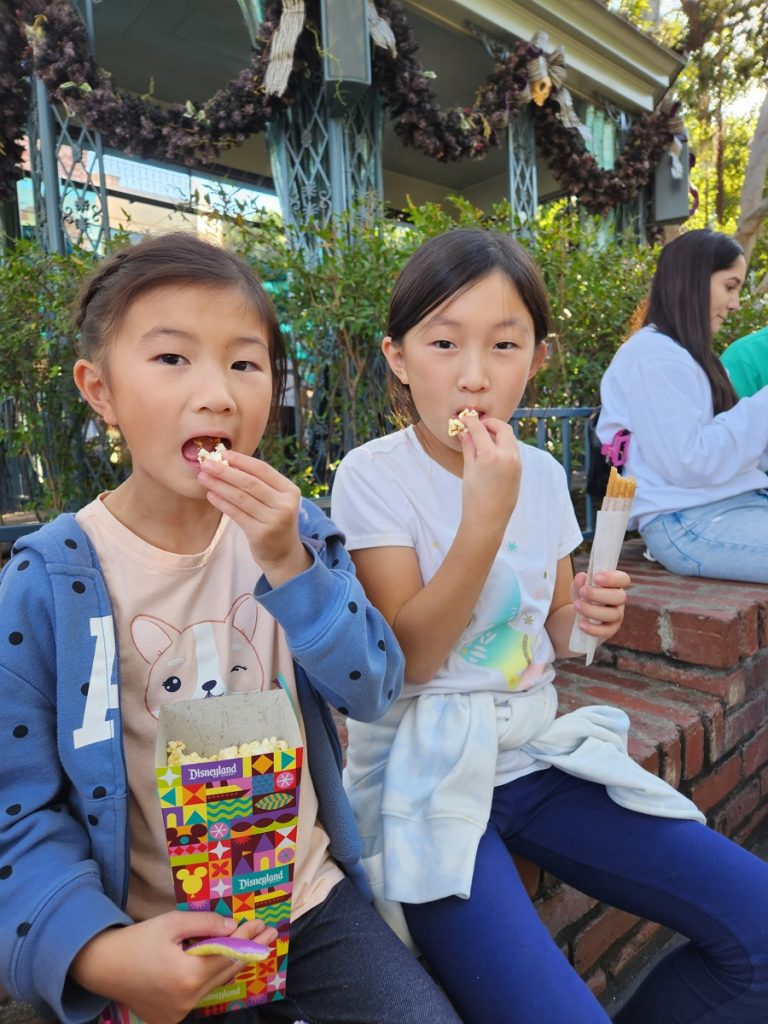
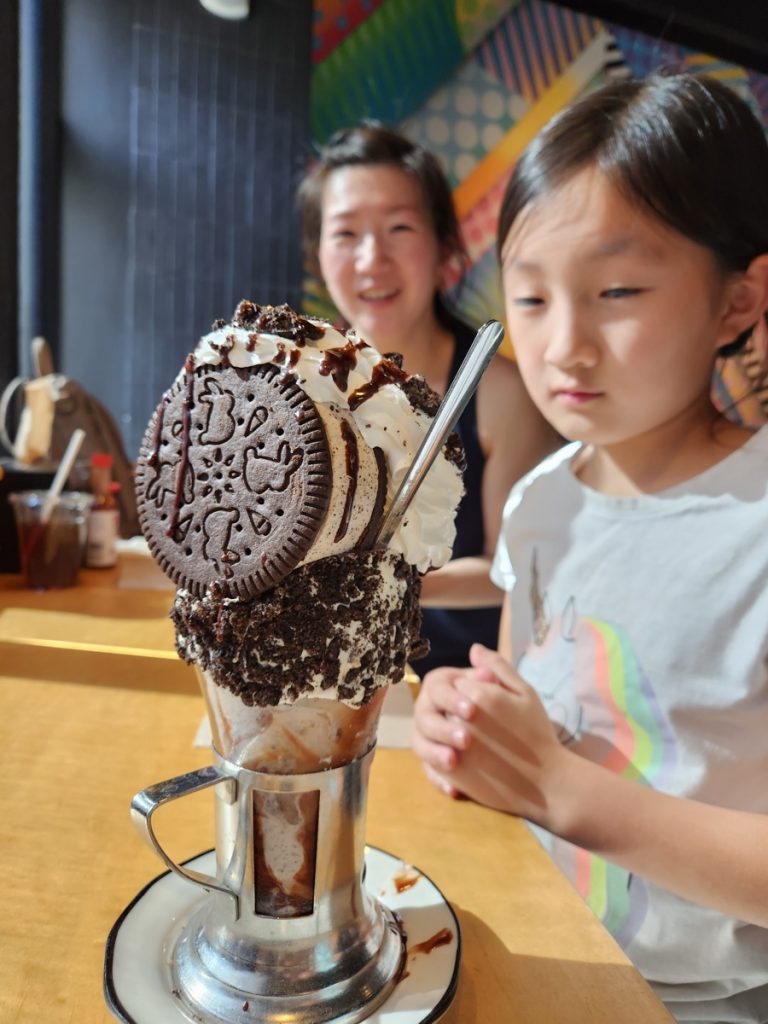
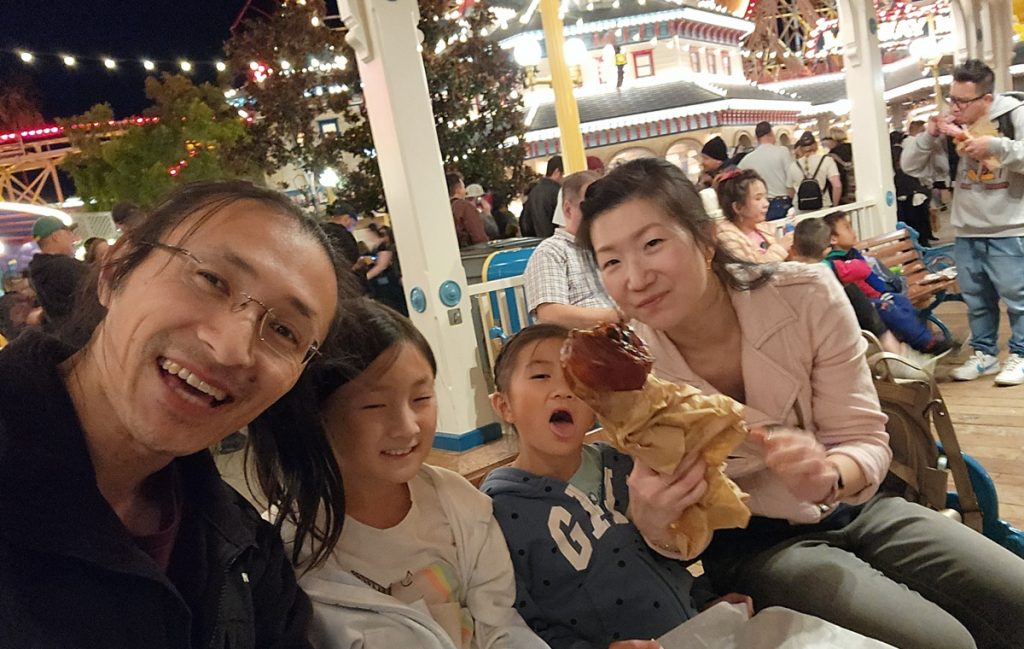
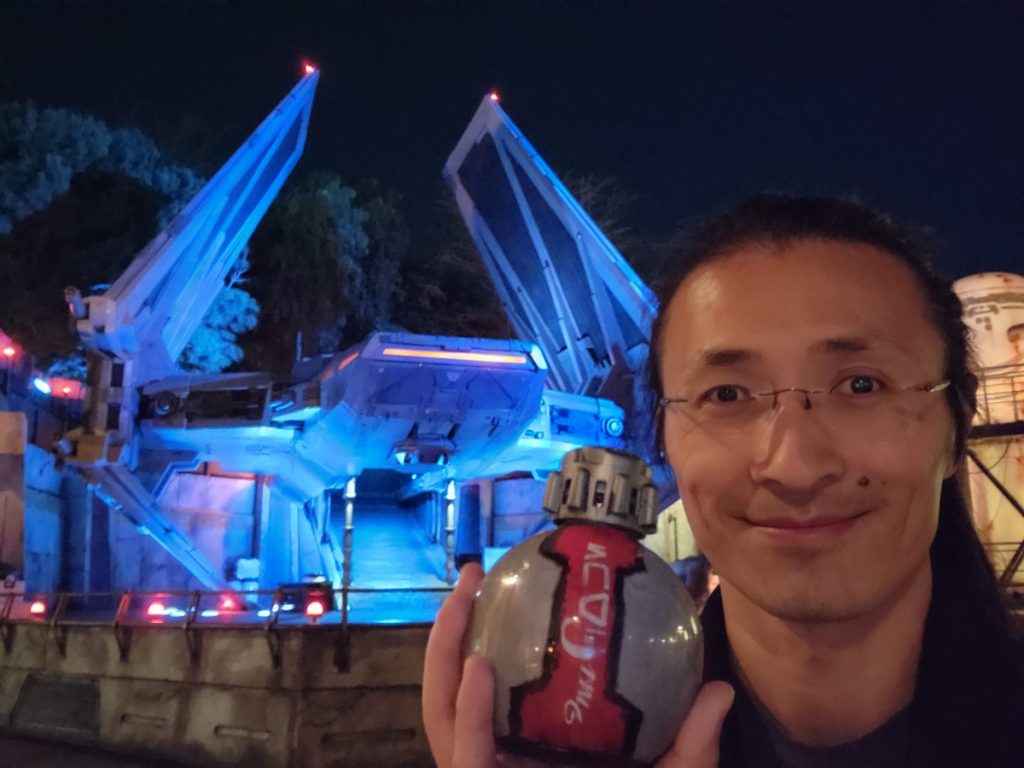
Perspectives
Disney parks are a unique vacation destination because a person is likely to visit repeatedly, go through virtually identical activities each time, and take away different experiences.
My first visit to Disneyland was over 30 years ago, with my family as part of a tour group. The park should have been some sort of dream-come-true given how well known but inaccessible it was to folks in Taiwan. In reality, however, the park itself did not leave much of an impression because it was just a slice of the mishmash of foreign stuff that overwhelmed us on the trip. We were there merely to check out another famous American landmark, but we had no clue how to properly enjoy it.
Fast forward to my mid-20s, Hong and I went to Disney World a couple times and it was the most fun I ever had. I immersed myself in the “Happiest Place on Earth” and fully appreciated the attention to detail the Imagineers had put into every corner. I walked through every souvenir store wanting multiple things on each shelf. Just needed a few more raises and I could afford it all, I thought to myself.
Another decade later, we started bringing our kids to Disneyland. First as a toddler. Then as preschoolers. Now as preteens. There was a lot of newfound joy as we saw the parks from their angle, and the attractions remained fun as ever. That said, I started noticing the staff smiling as a professional attire rather than an expression of feeling; the souvenirs as a reflection of our hyper-consumeristic society that converts resources to garbage in order to maximize shareholder profits; the irony of a low-wage army of workers performing a Christmas-themed parade on Thanksgiving night.
We had fun. A lot of it. However, my ability to appreciate these theme parks may have peaked a while ago, and now heavily rely on the children’s enjoyment to continue loving them. I used to envy season pass holders, like how I used to chug a large Frappuccino every day, and now just the thought of either makes me a uncomfortable. We do still look forward to visiting the Orlando Disney World with the kids at some point, though I hope it happens before I become a grumpy old man!
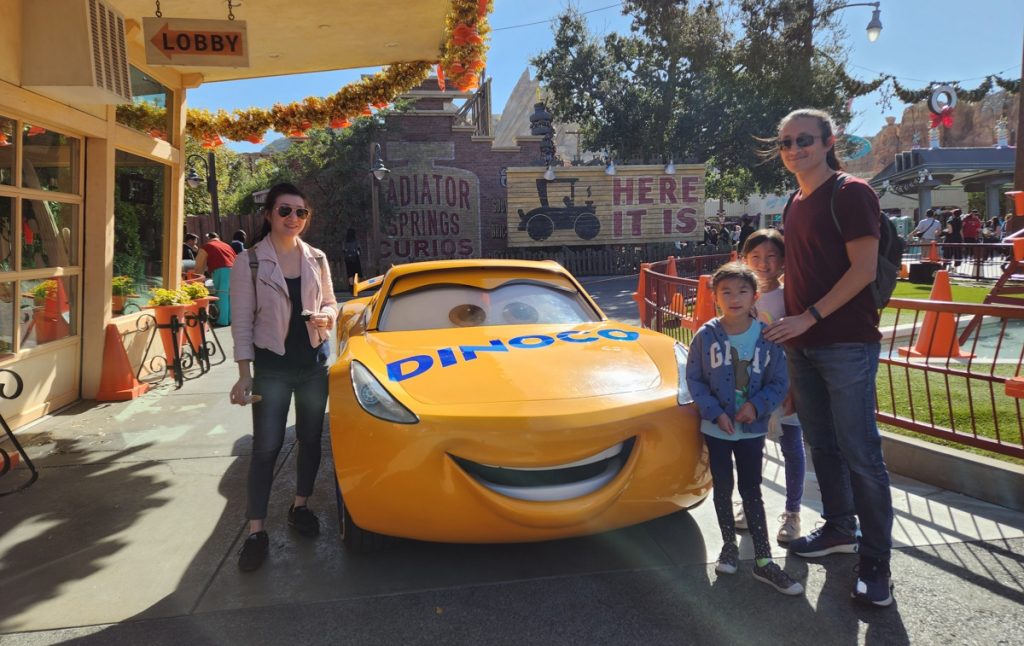
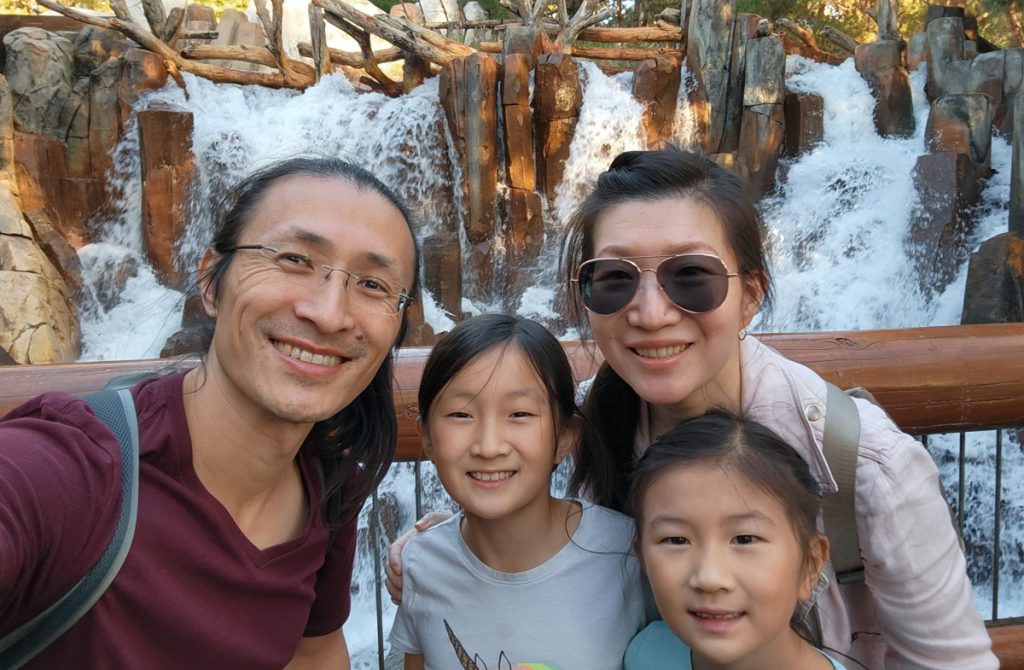
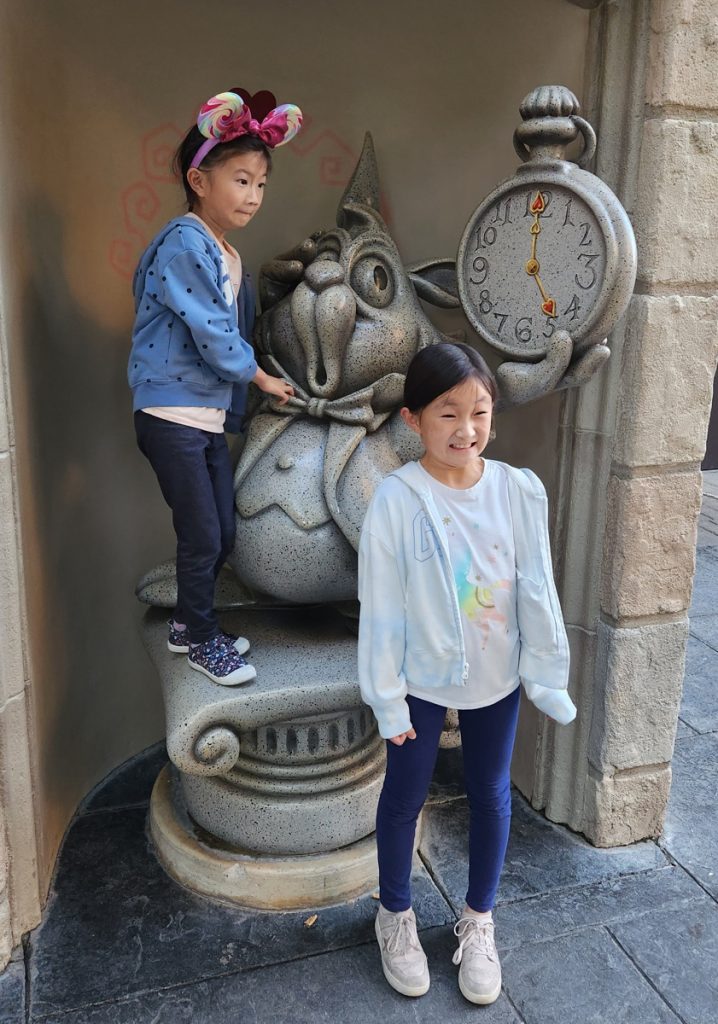
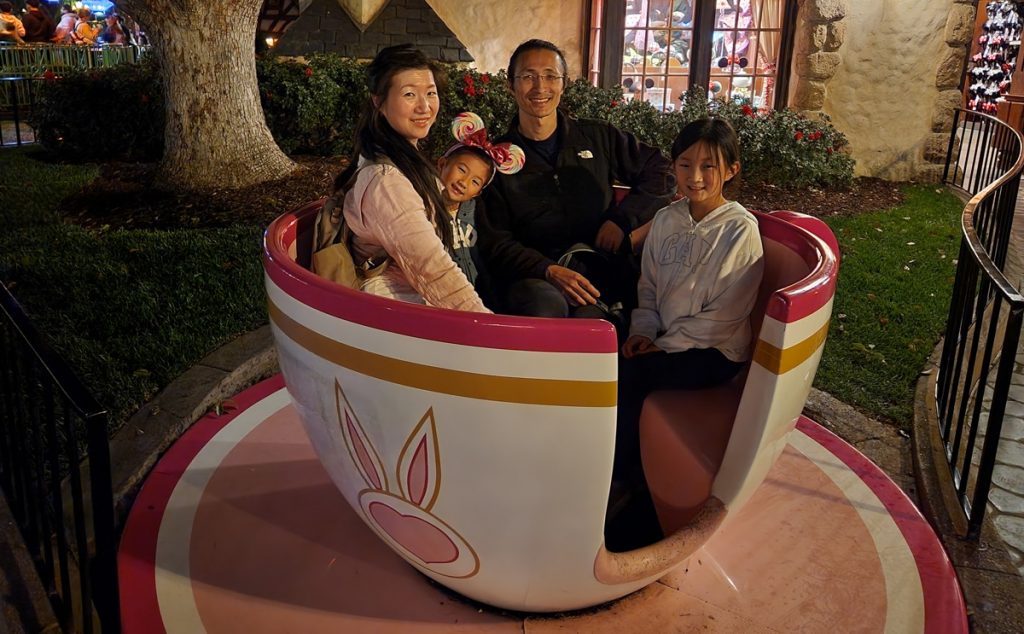
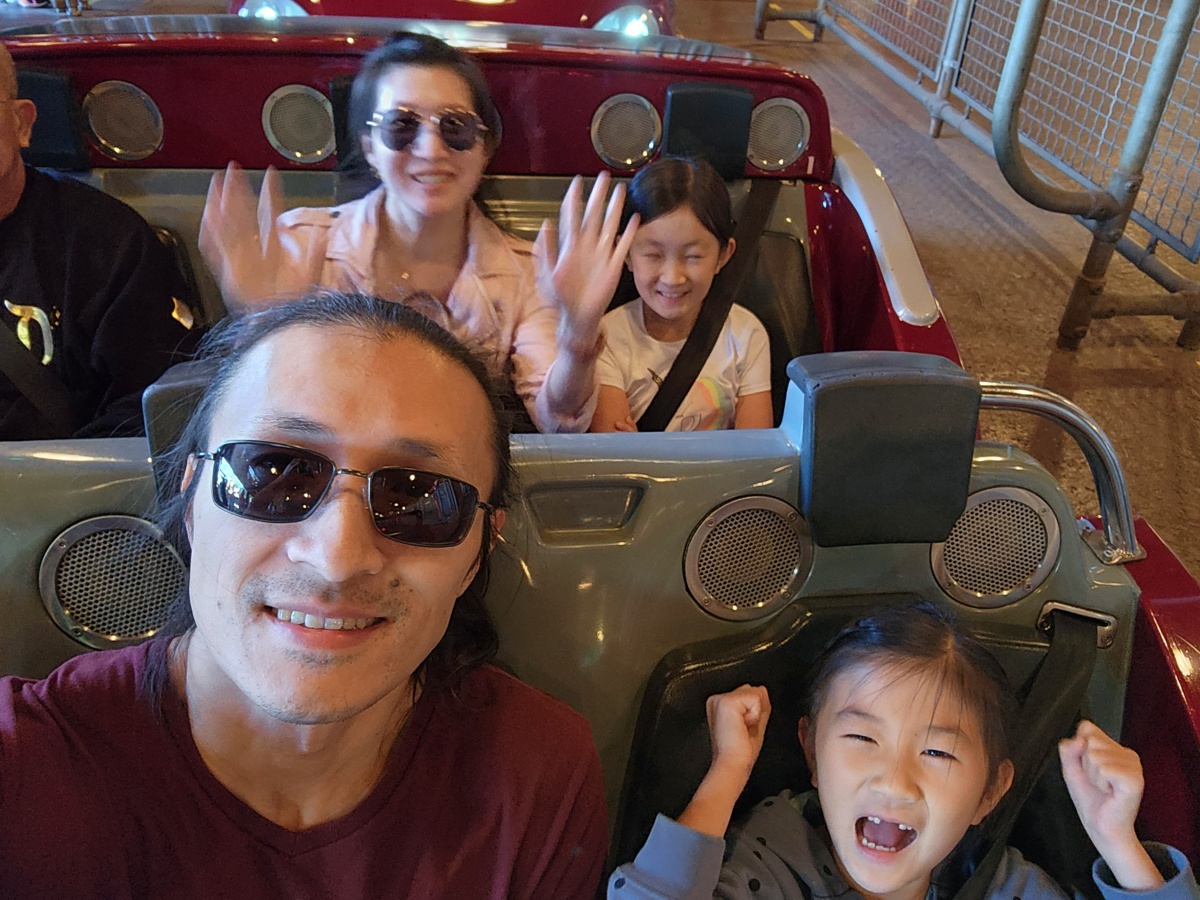
No Comments